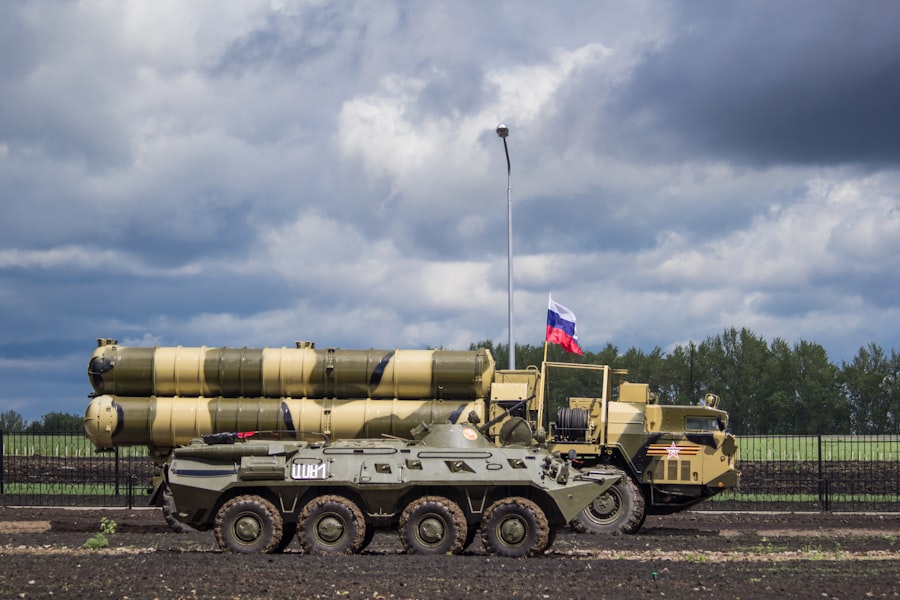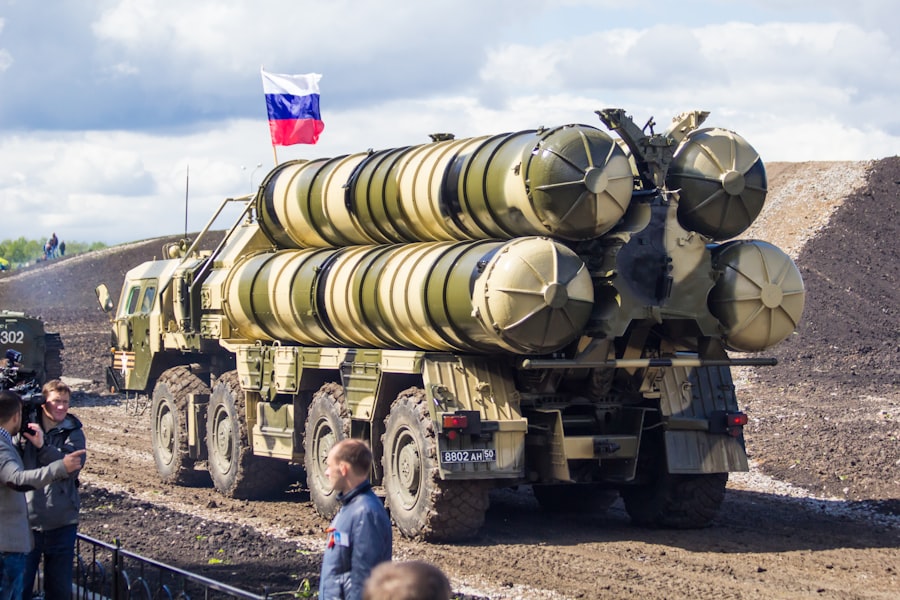In recent years, the Russian military has found itself embroiled in a series of scandals that have captured both national and international attention. These incidents have ranged from allegations of corruption and mismanagement to accusations of human rights abuses and operational failures. The rise of these scandals can be traced back to a combination of factors, including the increasing scrutiny of military operations, the growing influence of social media, and a public increasingly willing to question the narratives presented by the government.
As the Russian military continues to modernize and expand its capabilities, the spotlight on its internal issues has only intensified. The emergence of these scandals has not only highlighted systemic problems within the military but has also raised questions about the effectiveness of leadership and accountability. High-profile incidents, such as the mishandling of military resources and the exposure of fraudulent practices, have led to a loss of confidence among both the public and military personnel.
This growing discontent has prompted discussions about the need for reform and greater transparency within the armed forces, as citizens demand answers regarding how their tax money is being utilized in defense spending.
Key Takeaways
- Russian military scandals have been on the rise, highlighting issues of corruption and mismanagement within the armed forces.
- The Russian media has played a crucial role in exposing these scandals, bringing them to the attention of the public and international community.
- Whistleblowers have had a significant impact on military transparency in Russia, shedding light on the inner workings of the armed forces.
- Military scandals have had a notable impact on Russian public opinion, leading to increased scrutiny of the government’s handling of defense matters.
- International reactions to Russian military scandals have put pressure on the government to address issues of accountability and reform within the military.
Corruption and Mismanagement in the Russian Military
Corruption has long been a pervasive issue within the Russian military, with reports indicating that it has infiltrated various levels of command and operations. The misallocation of funds, embezzlement, and bribery have become commonplace, undermining the integrity of military operations. Investigations have revealed that substantial amounts of money earmarked for modernization and training have been siphoned off by corrupt officials, leaving soldiers ill-equipped and unprepared for their duties.
This rampant corruption not only affects military readiness but also erodes trust among service members who witness the disparity between their needs and the actions of their superiors. Mismanagement within the military has further exacerbated these issues, leading to operational failures that have had dire consequences. Instances of poorly executed training exercises, inadequate supplies, and lack of proper maintenance for equipment have been reported, raising concerns about the overall effectiveness of the armed forces.
The combination of corruption and mismanagement creates a vicious cycle that hampers progress and reform efforts, as those in power prioritize personal gain over the welfare of their troops and national security.
The Role of Russian Media in Exposing Military Scandals

The role of Russian media in uncovering military scandals has been pivotal in bringing these issues to light. Investigative journalists have taken on the challenging task of exposing corruption and mismanagement within the armed forces, often at great personal risk. Through thorough research and reporting, they have managed to shine a spotlight on practices that would otherwise remain hidden from public view.
This has led to increased awareness among citizens about the realities facing their military and has sparked debates about accountability and reform. However, the media landscape in Russia is fraught with challenges. State control over major news outlets often stifles independent reporting, making it difficult for journalists to operate freely.
Despite these obstacles, some outlets have managed to maintain their integrity and continue to investigate military scandals. Their efforts have not only informed the public but have also pressured government officials to address these issues more transparently. The courage displayed by these journalists serves as a reminder of the vital role that a free press plays in holding power accountable.
Whistleblowers and Their Impact on Russian Military Transparency
| Whistleblower | Impact on Russian Military Transparency |
|---|---|
| Edward Snowden | Revealed extensive surveillance programs by the Russian government |
| Alexander Litvinenko | Exposed corruption and human rights abuses within the Russian military |
| Viktor Suvorov | Disclosed information about Soviet military strategies and operations |
Whistleblowers have emerged as crucial figures in the fight for transparency within the Russian military. These individuals, often risking their careers and personal safety, have come forward to expose wrongdoing and corruption within the ranks. Their testimonies have provided invaluable insights into the inner workings of the military, revealing practices that contradict official narratives.
By shedding light on these issues, whistleblowers have played a significant role in fostering a culture of accountability and encouraging others to speak out against misconduct. The impact of whistleblowers extends beyond individual cases; they have contributed to a broader movement advocating for reform within the military. Their revelations have sparked public outrage and prompted calls for investigations into specific incidents, leading to increased scrutiny from both domestic and international observers.
As more individuals come forward with their stories, it becomes increasingly difficult for the government to dismiss or downplay these allegations, creating an environment where accountability is demanded.
The Impact of Military Scandals on Russian Public Opinion
Military scandals have had a profound effect on public opinion in Russia, challenging long-held beliefs about the infallibility of the armed forces. As reports of corruption and mismanagement surface, citizens are forced to confront uncomfortable truths about their military’s operations. This shift in perception has led to growing skepticism regarding government narratives that portray the military as a bastion of strength and integrity.
The disconnect between official statements and the realities faced by service members has fueled discontent among the populace. Moreover, these scandals have prompted discussions about national pride and security. Many Russians take great pride in their military history; however, revelations of misconduct can tarnish this image.
As citizens grapple with these conflicting emotions, there is an increasing demand for accountability and reform within the armed forces. The public’s willingness to question authority reflects a broader trend toward greater civic engagement and a desire for transparency in governance.
International Reactions to Russian Military Scandals

International reactions to Russian military scandals have varied widely, reflecting geopolitical interests and diplomatic relations. Western nations have often seized upon these incidents as evidence of systemic issues within Russia’s military establishment, using them to justify sanctions or other forms of pressure. Reports detailing corruption or human rights abuses can serve as rallying points for international condemnation, further isolating Russia on the global stage.
Conversely, some countries may choose to downplay these scandals or even support Russia’s narrative, particularly if they share strategic interests or economic ties with Moscow. This selective response underscores the complexities of international relations, where military scandals can be interpreted through various lenses depending on political agendas. Regardless of these differing perspectives, it is clear that such incidents have implications that extend beyond Russia’s borders, influencing global perceptions of its military capabilities and governance.
The Russian Government’s Response to Military Scandals
In response to mounting scandals within its military ranks, the Russian government has employed a range of strategies aimed at damage control. Official statements often downplay allegations or attribute them to isolated incidents rather than systemic issues. This approach seeks to maintain public confidence in the armed forces while deflecting criticism from both domestic and international observers.
However, such tactics can backfire if citizens perceive them as disingenuous or evasive. Additionally, there have been instances where officials have attempted to address specific allegations by launching investigations or implementing reforms. While these actions may be intended to demonstrate accountability, they can also be seen as superficial gestures if not accompanied by meaningful change.
The challenge for the government lies in balancing its desire to project strength with the need for genuine reform that addresses underlying issues within the military.
Investigative Journalism and Uncovering Military Scandals
Investigative journalism has played an indispensable role in uncovering military scandals in Russia. Journalists dedicated to exposing corruption and mismanagement have employed various techniques to gather information, including interviews with whistleblowers, analysis of public records, and on-the-ground reporting from military facilities. Their commitment to uncovering the truth has led to significant revelations that challenge official narratives and hold powerful figures accountable.
Despite facing significant risks—such as harassment or censorship—these journalists continue their work with determination. Their findings not only inform the public but also serve as a catalyst for change within the military establishment. By shining a light on misconduct, investigative journalism fosters an environment where accountability is demanded and reform becomes possible.
The courage displayed by these reporters underscores the vital role that a free press plays in promoting transparency and integrity within society.
The Human Cost of Russian Military Scandals
The human cost of military scandals in Russia extends far beyond financial implications; it encompasses the lives and well-being of service members and their families. Corruption and mismanagement can lead to inadequate training, poor living conditions, and insufficient resources for soldiers on duty. These factors not only jeopardize operational effectiveness but also place service members at risk during missions where they are ill-prepared or poorly equipped.
Moreover, families of soldiers often bear the brunt of these issues as they grapple with uncertainty regarding their loved ones’ safety and well-being. Reports of neglect or abuse within military ranks can lead to emotional distress for families who expect their government to protect those who serve. The human toll associated with these scandals serves as a stark reminder that behind every statistic lies a person whose life is affected by systemic failures within the military.
Reforms and Accountability in the Russian Military
Calls for reforms within the Russian military have gained momentum in light of ongoing scandals. Citizens increasingly demand greater accountability from their leaders, urging them to address corruption and mismanagement head-on. Proposals for reform often include measures aimed at increasing transparency in budgeting processes, enhancing oversight mechanisms, and fostering a culture where whistleblowers are protected rather than punished.
While some officials may acknowledge the need for change, implementing meaningful reforms remains a complex challenge. Resistance from entrenched interests within the military establishment can hinder progress, as those benefiting from existing systems may be reluctant to relinquish power or influence.
Lessons Learned from Russian Military Scandals
The series of scandals that have plagued the Russian military offers valuable lessons about governance, accountability, and transparency. One key takeaway is that unchecked power can lead to systemic corruption that undermines institutional integrity. The importance of oversight mechanisms cannot be overstated; without them, organizations risk becoming insulated from scrutiny and accountability.
Additionally, these scandals highlight the critical role that civil society plays in promoting transparency and holding authorities accountable. Whistleblowers, investigative journalists, and engaged citizens collectively contribute to a culture where misconduct is challenged rather than tolerated. As Russia navigates its path forward, embracing these lessons will be essential for fostering a more accountable military that serves its citizens effectively while upholding national security interests.
An insightful article that complements the themes explored in “Behind the Scenes of Russian Military Scandals” is available on In The War Room’s website. This piece delves into the broader implications of military controversies and their impact on global security. For a deeper understanding of these issues, you can read the related article by visiting In The War Room.
WATCH NOW! 🎖️ Plot Twist: Russia’s Military Is Being Eaten Alive By Its Own Corruption
FAQs
What are some recent Russian military scandals?
Some recent Russian military scandals include the 2019 fire aboard a Russian navy deep-sea submersible that killed 14 sailors, the 2018 accidental missile strike on a Russian military aircraft during a training exercise, and the 2015 crash of a Russian military plane in Syria that killed all 92 people on board.
How does the Russian government respond to military scandals?
The Russian government typically responds to military scandals by conducting investigations, holding individuals accountable, and implementing reforms to prevent similar incidents from occurring in the future. However, there have been criticisms of the government’s handling of military scandals, with some accusing it of covering up the true extent of the incidents.
What impact do military scandals have on the Russian military’s reputation?
Military scandals can have a negative impact on the Russian military’s reputation, both domestically and internationally. They can erode public trust in the military and raise questions about its capabilities and safety standards. Internationally, military scandals can also affect Russia’s standing in the global community and its relationships with other countries.



